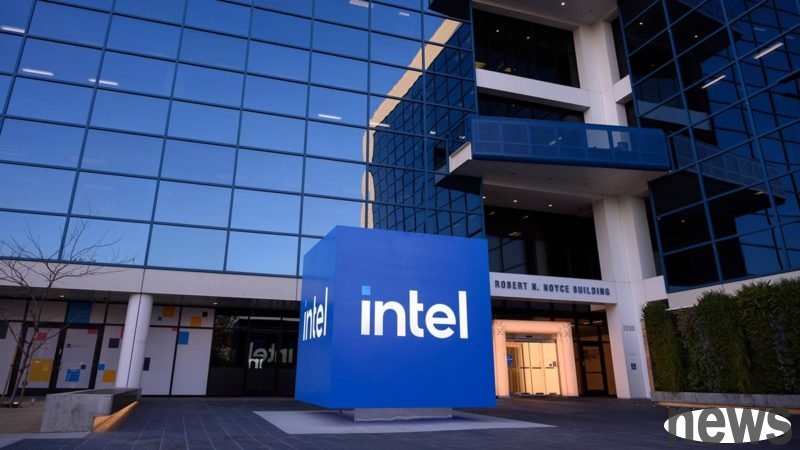
After NVIDIA and Super Micro agreed to pay 15% of China's chip sales to the government, U.S. Commerce Secretary Lutnik confirmed on the 19th that the United States is discussing with Intel to acquire a 10% stake. He also reiterated that the chips that were emphasized many times before entering the door were independent, "We cannot rely on Taiwan."
Howard Lutnick said when interviewed by US financial media CNBC that the US government may become Intel's largest shareholder, but will not gain Intel's governance rights as a result. "This is a governance-free one, we just convert the Biden administration's subsidies to shares; and the US government does not have the right to vote."
Luitnick once again criticized the chip bill signed by former President Joe Biden, saying that the bill provides supplements to semiconductor manufacturers, while the U.S. taxpayers have not received any reply. He pointed out: "Why do we want to give a company worth $100 billion (about NT$3 trillion) so much? What good is this for American taxpayers? Trump's answer is that we should use this money to exchange shares."
Intel is indeed the biggest beneficiary of the Chips Act. Not only did it receive $7.9 billion in commercial semiconductor manufacturing subsidies, it also received $3 billion in Secure Enclave project funds for the Pentagon. In addition, Intel also has the right to apply for a USD 11 billion loan.
Lutternik said, imagine: "The Biden administration actually pays no money to Intel or Taiwan's electricity, and all these companies are getting money in vain."
Bloomberg previously quoted White House officials and other insiders as reported that the Trump administration is discussing the acquisition of about 10% of Intel's shares. At the same time, the Japanese SoftBank Group Corp. also announced that it would invest US$2 billion to invest in Intel, becoming the top ten shareholders of Intel.
If Baigong determines to invest, it will inject a strong heart into Intel's financial situation. As Intel has recently continued to cut staff and cut spending, related consultations are also expected to attract market attention.
Intel's Chinese stock price in New York on the 19th once surged 11%. The silver, which traded in Tokyo's stock market, closed down 4% on the 19th.
Bloomberg pointed out that the US government's investment in Intel represents a major change in US semiconductor policy. If finalized, this arrangement could lay the foundation for the Government to achieve similar agreements with other chip manufacturers.
Luitnik also mentioned that based on national security considerations, the United States hopes to return some chip manufacturing business to the United States, "We need to produce chips ourselves. We cannot rely on Taiwan."
At the same time, Lutnik did not rule out the possibility of allowing NVIDIA (NVIDIA) to sell its new AI chips that it is developing to China. According to Reuters, this AI chip will adopt the latest Blackwell architecture and its performance exceeds the current H20 that has been approved for export to China.
Luitnik mentioned that NVIDIA executive chief Huang Rensha said that of course, he wanted to sell a new chip in China. "I heard him tell the President the tour, and the President will listen to these excellent tech companies, and he will finally decide what to do."
Extended reading: Silver invested $2 billion in Intel, becoming the fifth largest shareholder B300 Cut version? NVIDIA is creating stronger AI chips for China, with performance exceeding H20